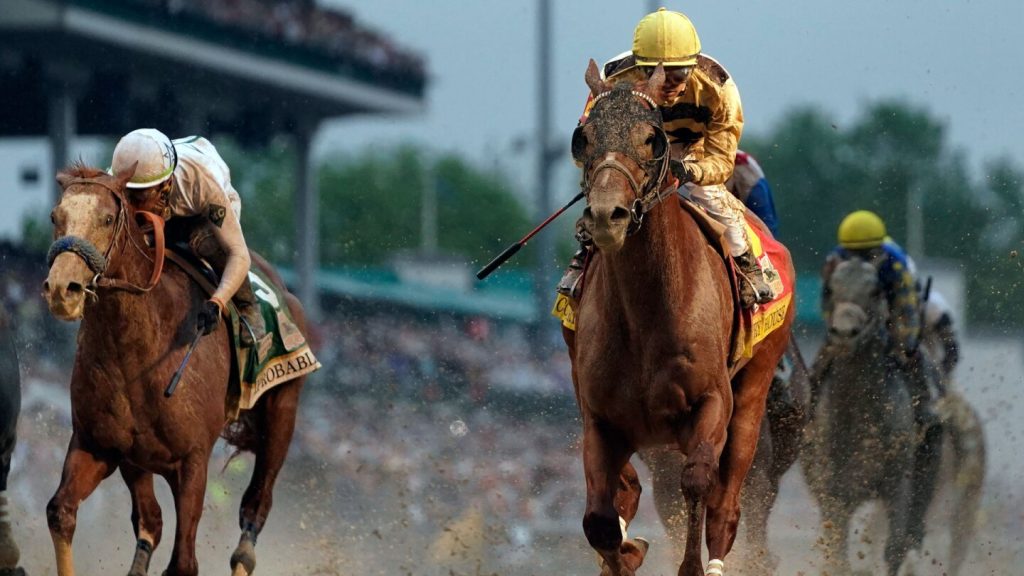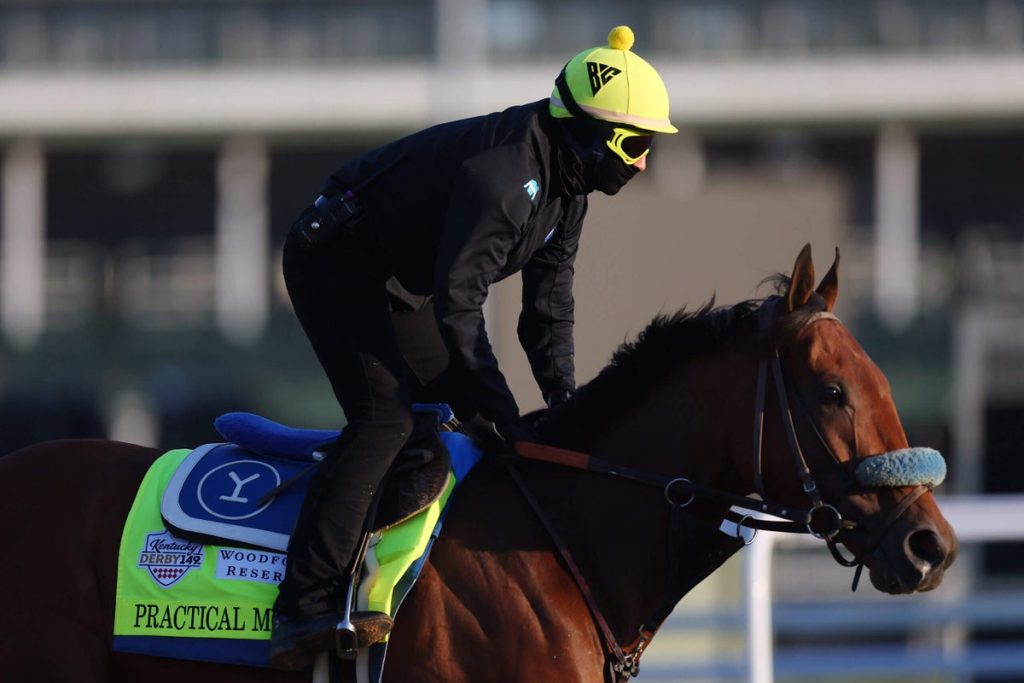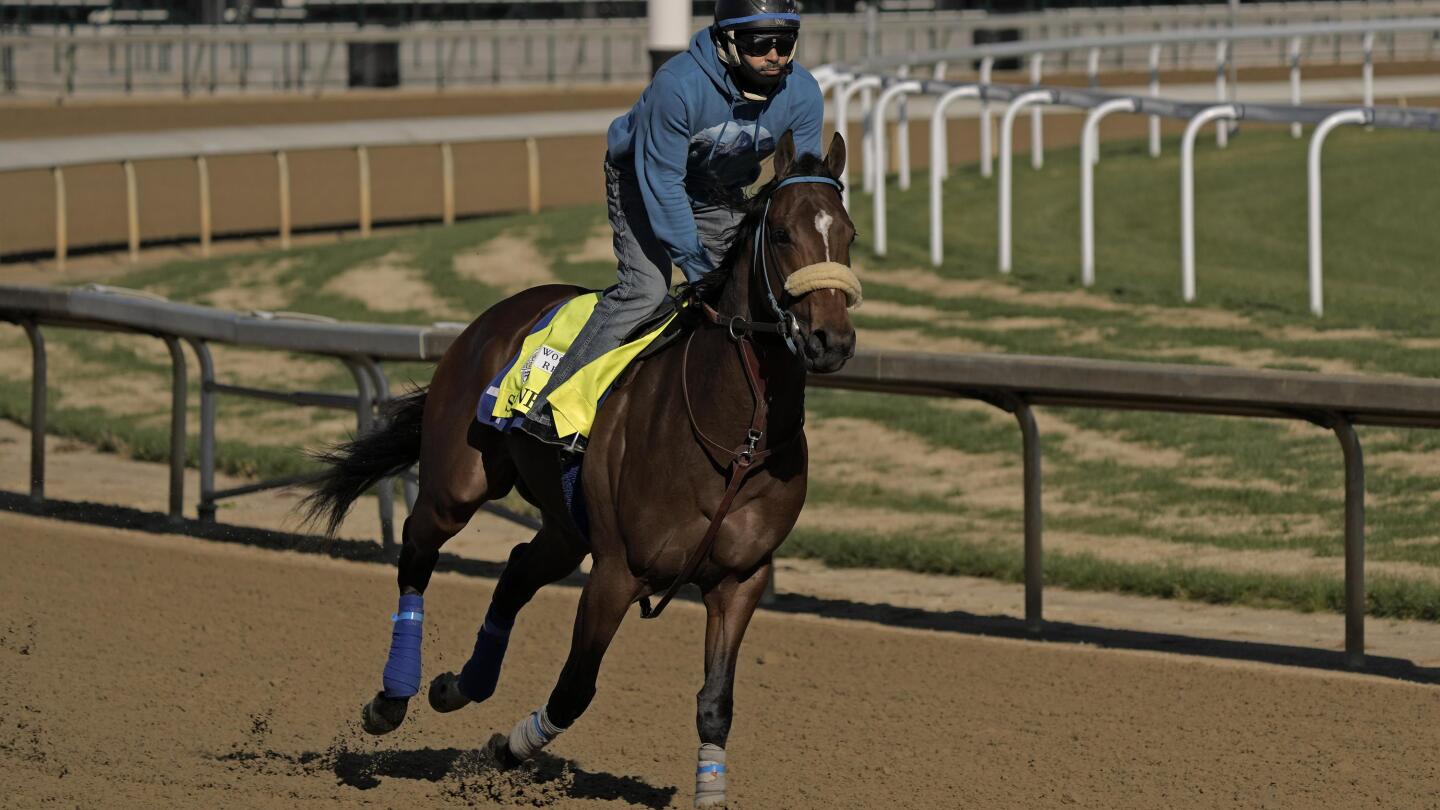Introduction
Horse racing has a language of its own, filled with specific terms and expressions that carry unique meanings within the sport. Whether you are a casual viewer, a dedicated fan, or an aspiring horse owner, understanding these terms is essential for fully grasping how races operate. One term that often confuses newcomers is “scratched.” If you have ever looked at a race program or checked race results and noticed that a horse was marked as “scratched,” you might have wondered what exactly that means. While it might sound like a minor issue or even something related to physical markings, in the context of horse racing, it has a very specific meaning that can significantly affect the race outcome and the betting landscape.
Definition Of A Scratch In Horse Racing
In horse racing, when a horse is “scratched,” it means that the horse has been withdrawn from a scheduled race before it begins. What Does Scratched Mean In Horse Racing?, This can occur at various points before the start, sometimes even minutes before the gates open. The decision to scratch a horse is not taken lightly, as it affects the horse’s team, race organizers, betting pools, and fans. A scratch essentially removes the horse from participating in the race, making them ineligible for any placing or winnings in that specific event. The scratch will be noted in the official race card or program, and the betting market will adjust accordingly.

What Does Scratched Mean In Horse Racing?, Types Of Scratches And Timing
Scratches can be categorized based on when they occur. Early scratches happen hours or days before a race, often due to a horse not being in ideal condition or changes in the race field. Late scratches occur much closer to race time, sometimes after the horses have entered the paddock or even when they are already on the track during the post parade. There are also administrative scratches that result from entry errors, eligibility issues, or other non-health-related factors. Understanding when a scratch happens can give insight into the reason behind it and the impact it will have on the race.
Reasons Why Horses Get Scratched?
Horses may be scratched for a variety of reasons, with the most common being health and safety concerns. A trainer or veterinarian might notice that a horse is lame, has a fever, or is otherwise unfit to compete. Weather and track conditions can also play a role. What Does Scratched Mean In Horse Racing?, For instance, if heavy rain turns a dirt track into a muddy surface, a trainer may decide to scratch a horse that does not perform well in wet conditions. Other reasons include transport issues that prevent the horse from arriving on time, administrative disqualifications due to paperwork or eligibility, and strategic decisions made by the trainer to save the horse for a more suitable race.
The Role Of Veterinarians And Stewards In Scratches
In most jurisdictions, the decision to scratch a horse involves both the trainer and racing officials, including veterinarians and stewards. Veterinarians perform pre-race inspections to check for any signs of injury or illness. If they believe the horse’s health is at risk, they can recommend a scratch, and in many cases, this decision is final. Stewards oversee the integrity of the race and can order a scratch for safety or regulatory reasons. This system ensures that scratches are not made arbitrarily but are grounded in the horse’s welfare and the fairness of the competition.
Impact On Race Fields And Strategies
When a horse is scratched, the dynamics of the race change. The number of competitors decreases, which can alter race tactics and the pace scenario. For example, if a strong front-runner is scratched, the early pace might be slower, giving an advantage to horses that come from behind. Conversely, if a key closer is removed, front-runners may face less late pressure. Trainers and jockeys often adjust their strategies accordingly once scratches are announced, which adds another layer of complexity to the race.
Effect On Betting Markets
Scratches have a direct impact on betting, as they can shift the odds and payouts. In pari-mutuel betting systems, wagers placed on a scratched horse are usually refunded if the scratch occurs before the race begins. However, the removal of a horse also redistributes the betting pool among the remaining competitors, which can lower or raise the odds for certain horses. In multi-race wagers like the Daily Double or Pick 3, a scratched horse is often replaced by the post-time favorite to keep the wager valid. For bettors, staying informed about scratches is essential to making sound wagering decisions.
Early Scratches And Program Changes
Race programs are printed and distributed before race day, often showing a full list of entries. When early scratches occur, they are noted in updated versions of the program and announced at the track and online. What Does Scratched Mean In Horse Racing?, This information allows bettors and racegoers to adjust their expectations well in advance. Early scratches are generally less disruptive than late scratches, as there is more time to adapt strategies and update handicapping.
Late Scratches And Their Disruptive Nature
Late scratches can be particularly frustrating for both bettors and trainers because they often occur after most wagers have been placed. If a horse is withdrawn just before the race due to a sudden injury, equipment failure, or an incident in the paddock, it can cause significant last-minute changes in betting odds and race tactics. The betting public might have already invested heavily in the scratched horse, and while refunds are issued, the sudden change can disrupt betting plans and the overall flow of the race day.
Weather And Track Conditions As A Factor
Weather plays a critical role in horse racing, influencing not only the track condition but also the decision to scratch a horse. Some horses excel on firm, dry tracks, while others are more suited to soft or muddy conditions. When rain, snow, or extreme heat alters the track surface, trainers may choose to scratch a horse to protect its performance record or prevent injury. Turf races in particular are sensitive to weather changes, as grass courses can become slippery or uneven after heavy rain, increasing the risk of accidents.
Safety And Welfare As A Priority
At the heart of any scratch decision is the safety and welfare of the horse and jockey. Horse racing organizations have become increasingly focused on preventing injuries and protecting animal welfare. Scratching a horse that is unfit to run not only avoids the risk of worsening an injury but also ensures that the sport maintains its integrity. In recent years, stricter veterinary checks and protocols have been implemented to identify issues early and minimize risks.

Scratches In Major Racing Events
Scratches are not limited to small or local races; they can occur in some of the most prestigious events in the sport, including the Triple Crown races. When a well-known contender is scratched from a high-profile race, it often makes headlines and sparks speculation among fans and analysts. In some cases, a late scratch in a major event can completely change the betting favorite or alter the race’s expected outcome, adding drama and unpredictability to the competition.
Historical Examples Of Notable Scratches
What Does Scratched Mean In Horse Racing?, There have been numerous memorable instances in horse racing history where a scratch changed the course of a major event. For example, a leading contender in the Kentucky Derby being scratched due to a minor injury can open the door for an underdog to claim victory. Such moments are a reminder that in horse racing, nothing is guaranteed until the horses leave the starting gate. These stories also highlight the importance of being prepared for the unexpected in this sport.
Communication Of Scratches To The Public
Scratches are communicated through official announcements at the racecourse, online platforms, and media outlets. Modern technology has made it easier for racegoers and bettors to receive real-time updates via mobile apps, track websites, and social media. Accurate and timely communication is essential to maintain transparency and trust between racing authorities and the public. This is especially important for bettors, who rely on up-to-date information to make informed decisions.
The Trainer’s Perspective On Scratches
For trainers, scratching a horse can be a difficult decision. Months of preparation, training, and conditioning go into getting a horse ready for a race, and withdrawing at the last minute can be disappointing. However, experienced trainers understand that the horse’s long-term health takes precedence over a single race. A strategic scratch might preserve the horse for future opportunities where the conditions are more favorable, maximizing the chances of success.
The Owner’s Financial Considerations
Owners also feel the impact of scratches, as entry fees, training costs, and potential winnings are all on the line. What Does Scratched Mean In Horse Racing?, While scratching a horse may mean forfeiting a chance at prize money, it can also prevent costly injuries or setbacks. Owners often work closely with trainers and veterinarians to make the decision, weighing both immediate and long-term consequences.
Impact On Jockey Bookings
When a horse is scratched, the jockey booked to ride that horse may need to find another mount for that race, or they may simply miss out on competing in that event altogether. In some cases, a jockey can be reassigned to another horse in the same race, especially if the scratch occurs early enough to make adjustments. Late scratches, however, may leave jockeys without an alternative ride.
Administrative And Regulatory Scratches
Not all scratches are due to health or environmental factors. Sometimes, a horse is scratched because it does not meet eligibility requirements for the race. This could be due to a registration error, incorrect paperwork, or failure to meet qualification criteria such as previous performance levels or weight assignments. Racing authorities enforce these rules strictly to ensure fairness and maintain the sport’s credibility.
How Bettors Can Adapt To Scratches?
For bettors, scratches are part of the game, and learning how to adapt to them is key to maintaining a successful betting strategy. What Does Scratched Mean In Horse Racing?, Monitoring race-day reports, staying informed about weather conditions, and understanding how scratches affect race dynamics can help bettors make quick adjustments. Experienced handicappers often have backup picks or strategies in case their primary choice is scratched.
Psychological Impact On Fans And Participants
Scratches can have an emotional impact as well, especially for fans who are invested in a particular horse. The disappointment of not seeing a favorite horse compete can be significant, particularly in major races. For trainers, owners, and jockeys, a scratch can feel like a setback, but it is often the best decision for the horse’s well-being.

Prevention Of Scratches Through Preparation
While some scratches are unavoidable, proper preparation can reduce the likelihood of last-minute withdrawals. What Does Scratched Mean In Horse Racing?, This includes maintaining a consistent training schedule, monitoring the horse’s health closely, and selecting races that suit the horse’s abilities and preferences. By carefully managing a horse’s workload and choosing appropriate racing conditions, trainers can minimize the risk of scratches.
The Long-Term Benefits Of A Scratch Decision
Scratching a horse from a race may seem like a short-term loss, but it can lead to long-term benefits. Allowing a horse time to recover from a minor ailment or avoiding unfavorable track conditions can preserve its performance potential for future races. In this way, a scratch can be a strategic move that protects the horse’s career and the team’s investment.
Conclusion
In horse racing, the term “scratched” carries far more weight than its casual use might suggest. It signifies a deliberate decision made to withdraw a horse from competition, often for health, safety, or strategic reasons. While scratches can disrupt race plans and betting markets, they are an essential part of maintaining the integrity of the sport and safeguarding the well-being of the horses. Understanding the reasons behind scratches, their impact on various stakeholders, and how they are managed provides a deeper appreciation for the complexities of horse racing.

